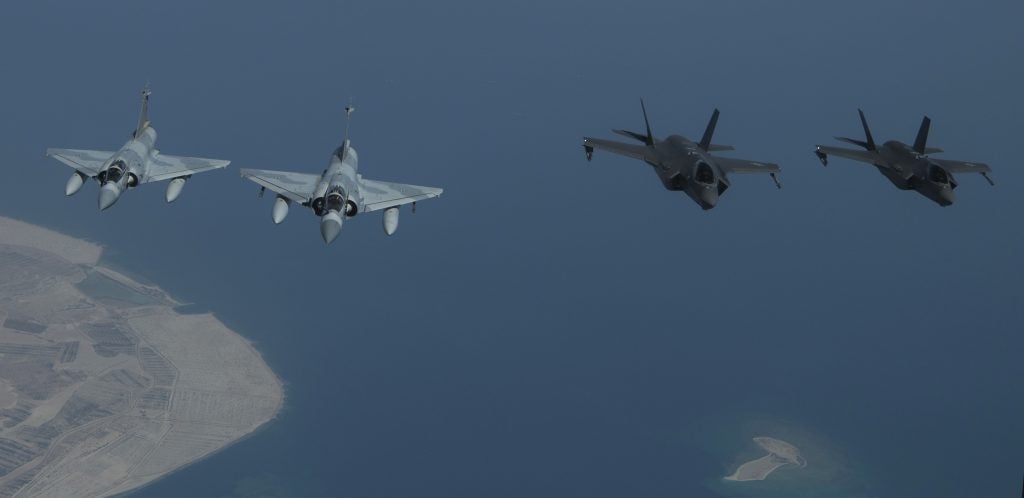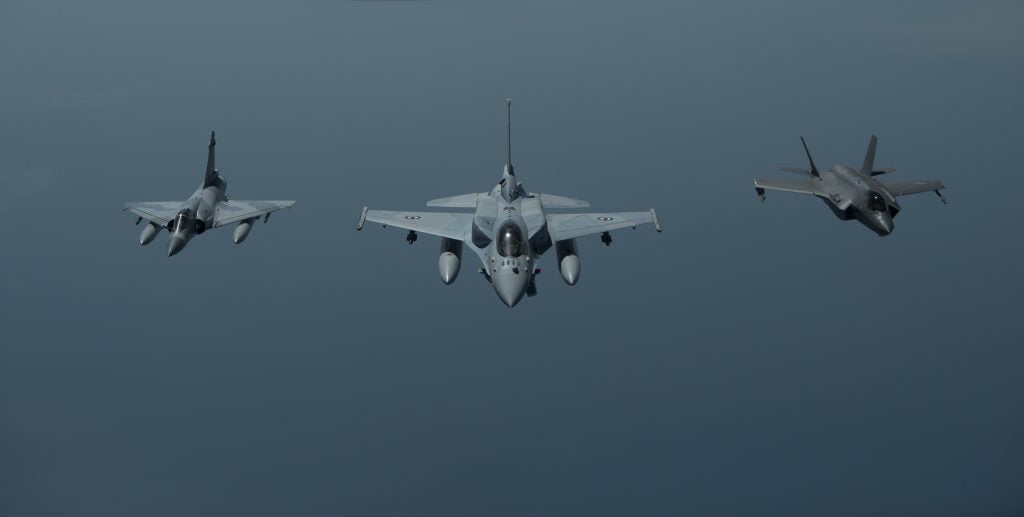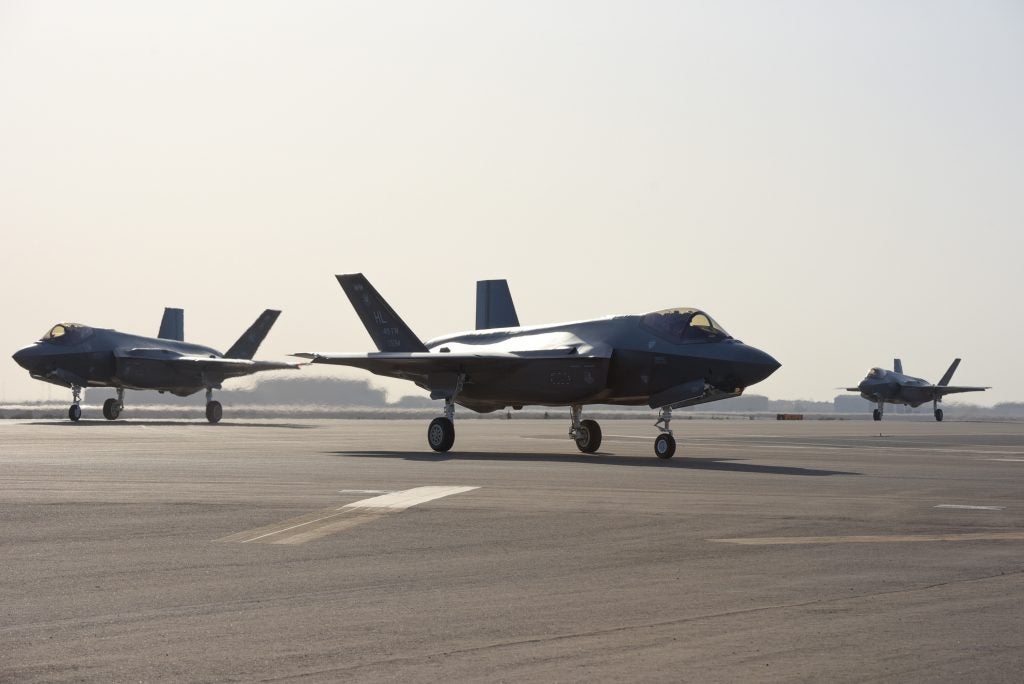UAE F-35 Sale And Saudi Munitions Sale “Temporarily Paused” For Review
The US government is initiating a review of several arms sales made towards the end of the Trump administration, including the sale of F-35As to the United Arab Emirates and munitions to Saudi Arabia. In the meantime, the sales will be paused until the review is completed.
A State Department spokesperson described the review and resulting pause of the sales as a “a routine administrative action”, saying:
“The department is temporarily pausing the implementation of some pending U.S. defense transfers and sales under Foreign Military Sales and Direct Commercial Sales to allow incoming leadership an opportunity to review.
This is a routine administrative action typical to most any transition, and demonstrates the Administration’s commitment to transparency and good governance, as well as ensuring U.S. arms sales meet our strategic objectives of building stronger, interoperable, and more capable security partners.”
The review was confirmed by Secretary of State Antony Blinken on Wednesday, who said during his first press conference as Secretary of State that the reviews were “to make sure that what is being considered is something that advances our strategic objectives, and advances our foreign policy”. He did not provide any details on any specific sales subject to the review.

In response to the news of the review, the UAE’s ambassador to the US, Yousef Al Otaiba, published a statement on Twitter and on the embassy website that the UAE had expected the review, saying:
“Welcoming joint efforts to de-escalate tensions and for renewed regional dialogue, the UAE will work closely with the Biden Administration on a comprehensive approach to Middle East peace and stability. As in previous transitions, the UAE anticipated a review of current policies by the new administration.
Specifically, the F-35 package is much more than selling military hardware to a partner. Like the US, it allows the UAE to maintain a strong deterrent to aggression. In parallel with new dialogue and security cooperation, it helps to reassure regional partners. It also enables the UAE to take on more of the regional burden for collective security, freeing US assets for other global challenges, a long-time bipartisan US priority.
The UAE has always fought alongside the US. And through hundreds of joint missions and participation in six US-led Coalition efforts, we have learned that the key to military coordination is interoperability. With the same equipment and training, US and UAE forces are more effective together when and where it matters.”
As previously reported, the F-35 isn’t the only component of the sale, but it has been a persistent source of unease to lawmakers, especially due to its seemingly rushed nature. The incoming Senate Foreign Relations Committee Chairman, Bob Menendez, has welcomed the pause, saying that it was “inexplicably rushed without thorough review of implications for U.S. national security and protection of innocent lives in Yemen”. He also urged the Biden administration to “carefully consider the broader regional security implications of these sales”.

The Saudi Arabian government has yet to issue a statement on the review of munitions sales to the kingdom, which comes after messaging from the Biden administration that it would cease support of the Saudi-led coalition’s campaign in Yemen against the Houthis.
While it is speculated that this may signal a change in US policy towards its Gulf allies, the temporary nature of these pauses should be noted, as a final decision on whether to cancel the sales or continue with them may not materialize for some time.

